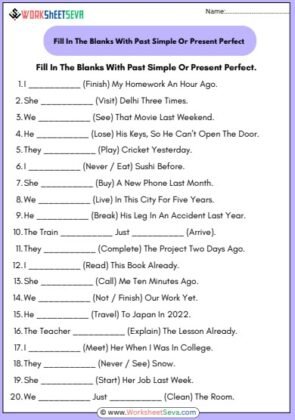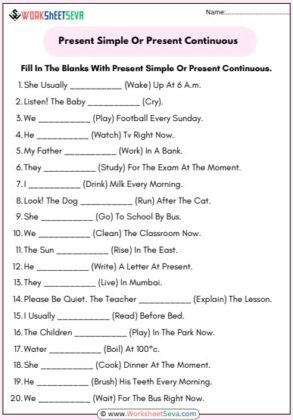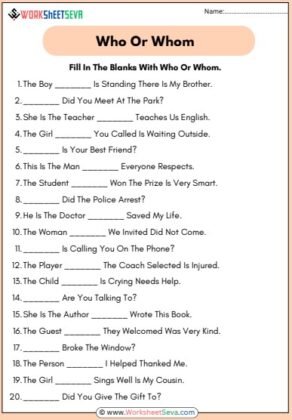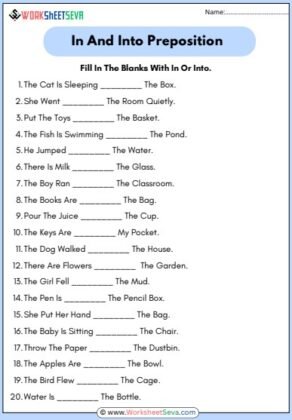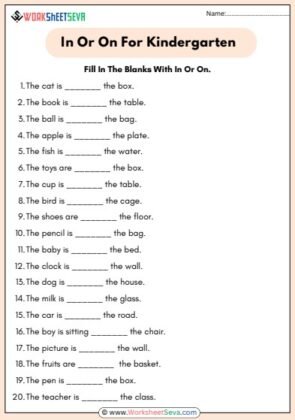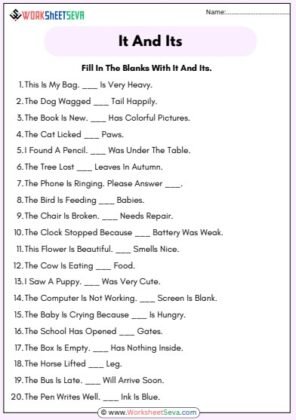Are you looking for the best Modals Class 10 Exercise Error Correction worksheet to strengthen your grammar skills? You’re in the right place! This on the “Modals Class 10 Exercise Error Correction Worksheet PDF” from our website, specially designed for CBSE Class 10 students.
In this guide, we’ll explore:
- What modal verbs are
- Common modal verb errors
- 25 practice questions with answers
- Detailed explanations for each correction
- How to master modals in English grammar
By the end of this post, you’ll understand modal verb rules clearly and be able to correct common grammatical errors easily.
What Are Modal Verbs?
Modal verbs are helping verbs used to show ability, possibility, necessity, obligation, or permission.
They are always followed by the base form of the verb (V1) and never take “to” (except with ought to and have to).
Common Modals:
- Can – ability or possibility
- Could – past ability or polite request
- May – permission or possibility
- Might – weak possibility
- Must – necessity or strong obligation
- Shall – future or suggestion
- Should – advice or duty
- Will – certainty or future action
- Would – polite request or hypothetical
- Ought to – moral obligation
Common Mistakes in Modal Verbs
Students often make small but serious mistakes while using modals.
Here are some typical modal errors that this worksheet helps to fix:
| Incorrect Usage | Correct Usage | Explanation |
|---|---|---|
| Must to finish | Must finish | “To” is not used after modal verbs |
| Can to drive | Could drive | “To” not used; “Could” shows past ability |
| Should not to | Should not | “Not” follows modal directly |
| Might can | Might come | Only one modal is used at a time |
| He can sings | He can sing | Base form of verb follows modal |
| Coulds, Mights, Musts | Could, Might, Must | Modals never take “s” or “ed” endings |
Modals Class 10 Exercise Error Correction (With Answers)
Each sentence below contains a modal error. Identify it, and check the corrected sentence with explanation.
1. You must to finish your homework before dinner.
✅ Correction: You must finish your homework before dinner.
💡 Explanation: Modals are followed by base verbs. Remove “to”.
2. He can to drive a car when he was ten.
✅ Correction: He could drive a car when he was ten.
💡 Explanation: Use could for past ability; no “to” needed.
3. You should not to smoke in the classroom.
✅ Correction: You should not smoke in the classroom.
💡 Explanation: “Not” directly follows the modal; no “to”.
4. We mustn’t to waste water.
✅ Correction: We mustn’t waste water.
💡 Explanation: Modals don’t take “to” before verbs.
5. She might can come tomorrow.
✅ Correction: She might come tomorrow.
💡 Explanation: Never use two modals together (might can ❌).
6. You ought study harder for your exams.
✅ Correction: You ought to study harder for your exams.
💡 Explanation: “Ought” is followed by “to”.
7. He can sings very well.
✅ Correction: He can sing very well.
💡 Explanation: Use the base form of the verb (sing).
8. They could to solve the problem easily.
✅ Correction: They could solve the problem easily.
💡 Explanation: Remove “to” after modal.
9. You may goes now.
✅ Correction: You may go now.
💡 Explanation: Base form “go” should follow modal.
10. He will can help us tomorrow.
✅ Correction: He will be able to help us tomorrow.
💡 Explanation: Don’t use two modals together; use “be able to”.
11. We mustn’t to be late for the meeting.
✅ Correction: We mustn’t be late for the meeting.
💡 Explanation: Modals don’t take “to”.
12. You should reads this novel.
✅ Correction: You should read this novel.
💡 Explanation: Base verb “read” follows modal.
13. I can plays the guitar.
✅ Correction: I can play the guitar.
💡 Explanation: “Play” (base form) follows the modal.
14. He mights come to the party.
✅ Correction: He might come to the party.
💡 Explanation: Modals don’t take “s”.
15. We musts obey our elders.
✅ Correction: We must obey our elders.
💡 Explanation: Modals never take “s” forms.
16. She coulds speak five languages.
✅ Correction: She could speak five languages.
💡 Explanation: Remove “s” from modal verbs.
17. You shalls be punished for cheating.
✅ Correction: You shall be punished for cheating.
💡 Explanation: Modals never take plural forms.
18. They must not to tell lies.
✅ Correction: They must not tell lies.
💡 Explanation: No “to” after modal.
19. You can to borrow my book.
✅ Correction: You can borrow my book.
💡 Explanation: Remove “to”.
20. He woulds like some coffee.
✅ Correction: He would like some coffee.
💡 Explanation: “Would” doesn’t take “s”.
21. I shoulds work harder to pass.
✅ Correction: I should work harder to pass.
💡 Explanation: “Should” is always singular.
22. You must nots leave your bag here.
✅ Correction: You must not leave your bag here.
💡 Explanation: Remove “s” from modal.
23. We oughts to respect our teachers.
✅ Correction: We ought to respect our teachers.
💡 Explanation: Use “ought to” (not “oughts”).
24. He could to swim when he was young.
✅ Correction: He could swim when he was young.
💡 Explanation: Remove “to”; past ability uses “could”.
25. You mights be right about this.
✅ Correction: You might be right about this.
💡 Explanation: Modals do not take “s”.
The “Modals Class 10 Exercise Error Correction Worksheet” provides a complete way to master modals.
With 25 real examples and answers, students can understand where and why mistakes happen.
If you practice daily using this worksheet, you’ll soon:
- Write grammatically correct sentences
- Avoid common modal verb mistakes
- Improve your CBSE Class 10 English grammar score


